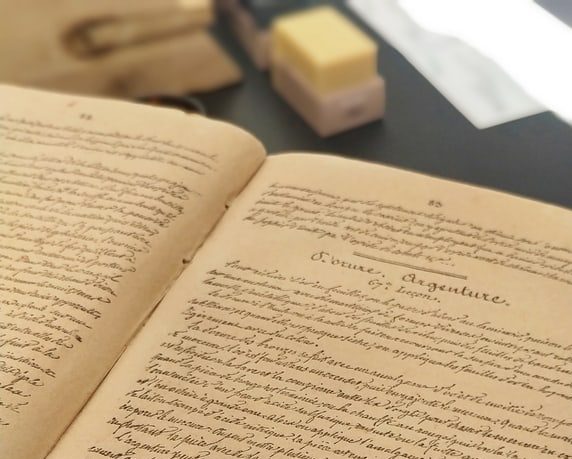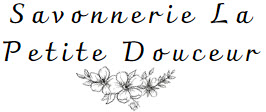-
 $12.95 × 1×$12.95
$12.95 × 1×$12.95

The history of soap and saponification
Soap can be made in different ways. The ancestral artisanal method is the cold saponification process, a method used at Savonnerie La Petite Douceur. Saponification is a chemical reaction resulting in the transformation of fat into soap by the action of a base.
A little history!
Many centuries ago, it seems that soap occupied a very important place in civilizations. It was used to loosen, wash, lighten hair... Handmade soap was essential and was also used in dye works, tanneries... The fats used at the time were in particular animal fats (from pork for example), the base being potassium carbonate or potash from wood ash.
This process continued for a long time, gradually giving way to vegetable fats and sodium hydroxide or soda around the 19th century. Soda is drawn from sea water by the vibration of a strong electric current. This practice makes it possible to dissociate the water, the soda on one side and the chlorine on the other.
The emulsion reaction between fatty substances and sodium hydroxide (or liquid soap potash) produces soap. Soap making by cold saponification does not require any cooking or heating of the raw materials. The oils are therefore not denatured by heat and thus retain all their virtues.
At the end of saponification, the product is composed solely of soap and glycerin (also water but which evaporates upon drying), which provides the moisturizing power and one of the riches of cold saponified soap.
Glycerin comes naturally from manufacturing (it is removed from industrial soaps so that it can be sold separately to be incorporated into other products).
The Little Sweetness Soaps are superfatted, because in addition to glycerin, they are enriched with oils. Which provides the skin with more hydration.
The cold saponification method which existed for centuries gradually disappeared with the arrival of industrialization. The artisan soap makers who were renowned and numerous in Europe have gradually disappeared. This practice being limited in production because it is artisanal, has been replaced by other, more industrial processes, replacing traditional recipes with detergents, preservatives, synthetic perfumes, etc.
North America has remained, over the centuries, more faithful than Europe to artisanal soap making. But consumers, tired of being fooled by lobbies and industry, are moving towards a better world, both for their health and for our beautiful planet. We are witnessing a change, certainly far from massive, but very present, in the “arts” of consumption with the return of artisanal soap makers.
Did you know that cold process soap is also ecological?
Handmade soap is completely biodegradable and leaves no trace in the rinse water, unlike industrial products.
Many centuries ago, it seems that soap occupied a very important place in civilizations. It was used to loosen, wash, lighten hair... Handmade soap was essential and was also used in dye works, tanneries... The fats used at the time were in particular animal fats (from pork for example), the base being potassium carbonate or potash from wood ash.
This process continued for a long time, gradually giving way to vegetable fats and sodium hydroxide or soda around the 19th century. Soda is drawn from sea water by the vibration of a strong electric current. This practice makes it possible to dissociate the water, the soda on one side and the chlorine on the other.
The cold saponification technique stands out as the most ecological and natural approach to soap making. Not only does it preserve the environment, but it is also the most kind to our skin. Unlike industrial soaps or those made from bondillon, which often contain additives from petrochemicals, this method preserves the purity of the ingredients.

